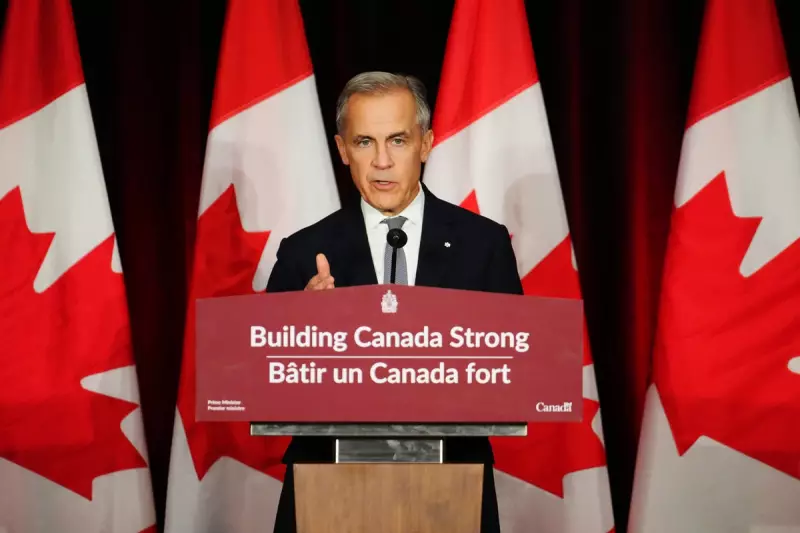
In a dramatic political development that could reshape Canada's political landscape, former Bank of England Governor Mark Carney has emerged as a frontrunner to potentially succeed Justin Trudeau as leader of the Liberal Party.
Senior Liberal figures are actively discussing Carney as their preferred candidate to lead the party into the next election, viewing the internationally respected economist as the fresh face needed to revive the party's declining fortunes.
The Search for Renewal
With the Liberal Party trailing significantly in polls and facing growing discontent among voters, party insiders believe Carney's global stature and economic expertise could provide the reset the government desperately needs. The discussions have gained momentum as the party confronts the reality that it may need to consider leadership changes to avoid electoral defeat.
One senior Liberal source revealed: "There's a recognition that we need to look to the future. Mark brings the credibility and fresh perspective that could reconnect with Canadians who've grown tired of the current political discourse."
Carney's Unique Qualifications
The 59-year-old Canadian economist boasts an impressive resume that includes:
- Governor of the Bank of England (2013-2020)
- Governor of the Bank of Canada (2008-2013)
- Current roles in climate finance and UN special envoy positions
- Extensive international financial experience
His potential candidacy represents a significant shift from traditional political pathways, drawing comparisons to other technocrats who've successfully transitioned to political leadership.
Political Challenges Ahead
While Carney's economic credentials are unquestioned, he would face substantial political hurdles. His years spent outside Canada working in UK and international financial institutions could be weaponized by opponents questioning his connection to ordinary Canadian voters.
Furthermore, he would need to navigate the delicate situation of potentially replacing a sitting prime minister from his own party, a scenario that could create internal divisions and loyalty challenges.
The coming months will prove crucial as Liberal party members weigh whether Carney's international stature and economic expertise outweigh the potential risks of selecting a leader from outside traditional political circles.





